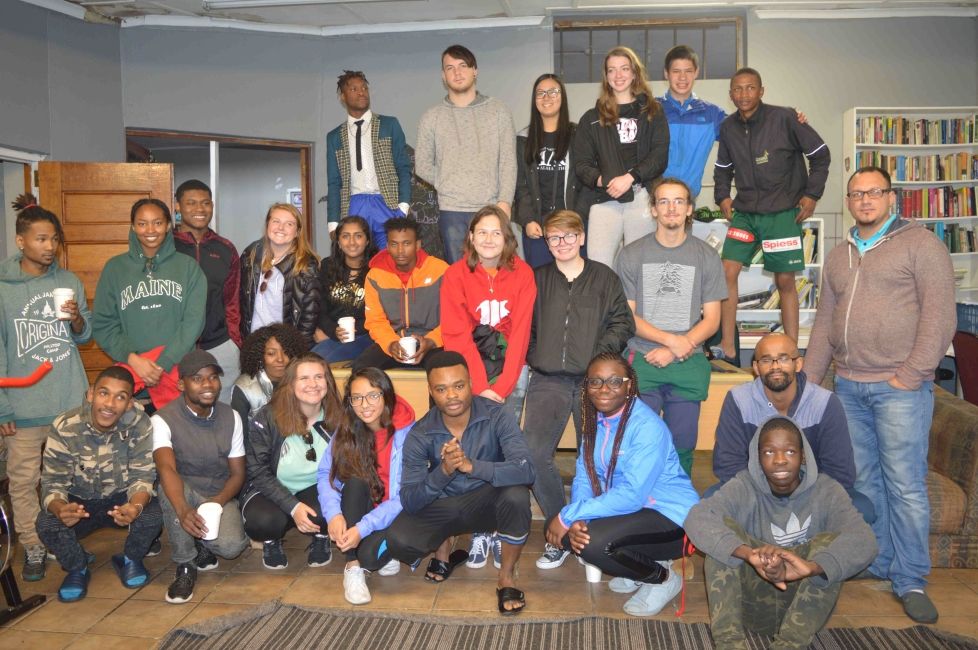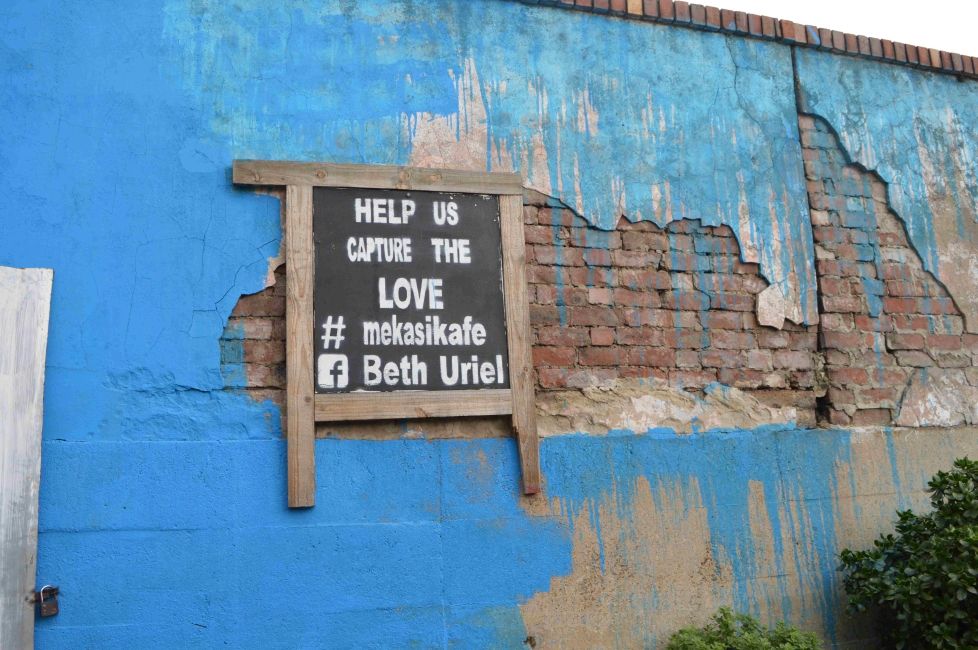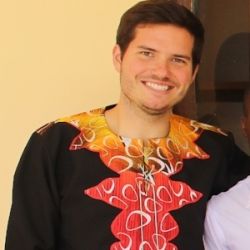Beth Uriel: House of LIght
Beth Uriel, one of our service partners, is a home to 24 young men who are trying to make positive changes in their lives. Over the course of the program, students will be working with the Beth Uriel community to learn more about their mission, operations, and struggles. Before jumping into service projects, the students had the opportunity to visit the home and interact with the young men. After the visit, the students debriefed the experience and reflected on their interactions and understanding of the relationships evolving. Jill, a student from Illinois, reflects on the experience:
"A conversation with a stranger can be an intimate interaction. We share personal details when we deeply trust the other person, or we don’t know them at all. We don’t feel discomfort confiding in a stranger because that person has nothing to judge us on, besides the way that you look. They don’t know you; they don’t know your friends; they can’t effectively gossip about you. Your personal information means nothing to a stranger. Why do we allow ourselves to share such intimate moments with almost strangers?
That was exactly what we experienced at Beth Uriel. The young adults that we met had known us for approximately one hour, and the only information they did know was our name, age, and favorite TV show. Gotta love ice breakers. Maybe it was because we were Americans entering a South African group home, and they felt like they had something to prove, but the young men living at Beth Uriel dropped all of their history on our eager ears. They were willing to share painful details about their pasts, such as gang involvement, with some kids who just came on a study abroad trip and didn’t know what they were getting themselves into.
We had no relationship. We still have no relationship. Even though they shared their life stories and we had a slightly bonding experience, we are not ‘friends’. We’ve breathed the same air for an hour and a half - that does not make us buddies. Anyone who has overcome a troubling past can be open to sharing their experiences with acquainted strangers. This interaction doesn’t make us special. Personally, I come from a background that was tragic, and like the boys at Beth Uriel, I have no trouble sharing it with other people because it is who I am and I have accepted that. For me, it’s a sense of pride to be able to rise from humble beginnings, which may have been the same for the Beth Uriel boys.
The human condition and how we interact boils down to what we owe each other. I do not owe a stranger my life story, but I might owe my good friend my life story. The act of sharing with a stranger is one of complete will because there is no pressure. Eventually, in most relationships, we must share painful memories with each other because they make us who we are and we cannot truly know one another without knowing the whole person. We owe each other that much. To strangers, we owe nothing, but in our humanity, we give a lot."
Our group will be working with Beth Uriel on multiple occassions during our brief visit; for more information about the organization, visit their website: http://www.bethuriel.co.za/
Related Posts

Hang 10!
This past weekend students explored local markets, travelled to Boulders Beach to see the penguins and saw the western-most cape which Cape Town was named after! Students also learned how... keep reading
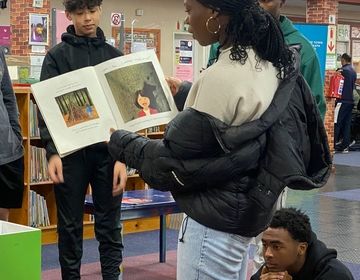
First Impressions of Service-Learning PT 2
Once students settled into their service-learning site and had more time with the students, they were able to read a group of younger students' stories and get them interested in... keep reading
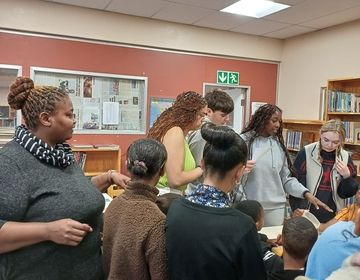
First Impressions of Service Learning
This week, after learning about the history and cultural context of their service-learning site, students began their service! Students were educated on literacy in the area and were told that... keep reading
